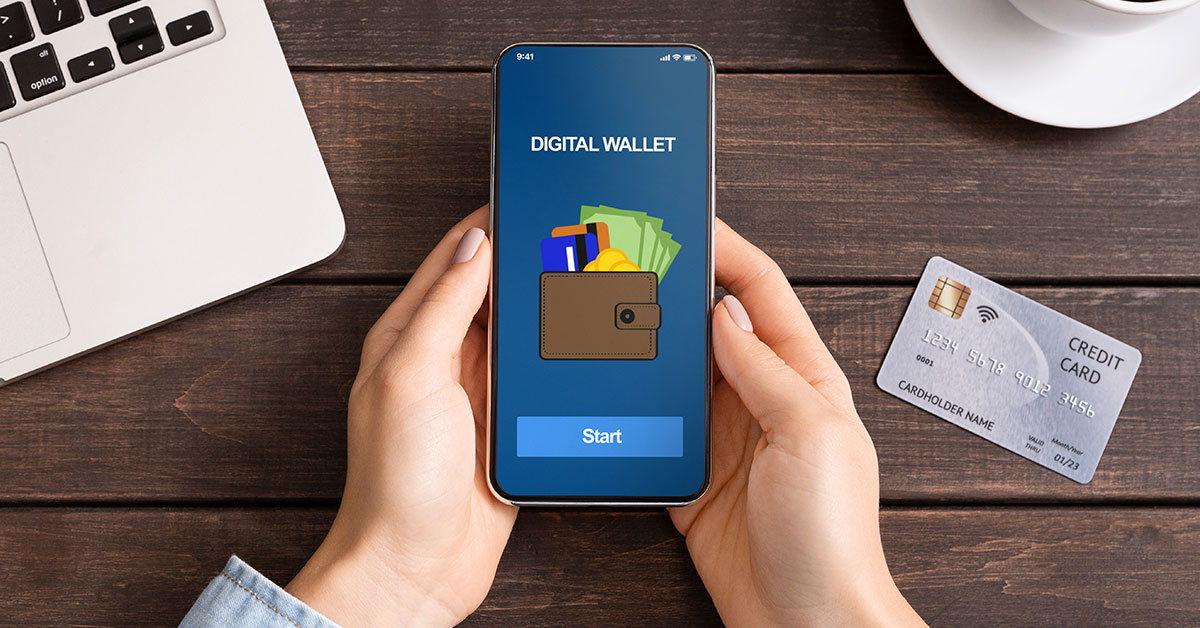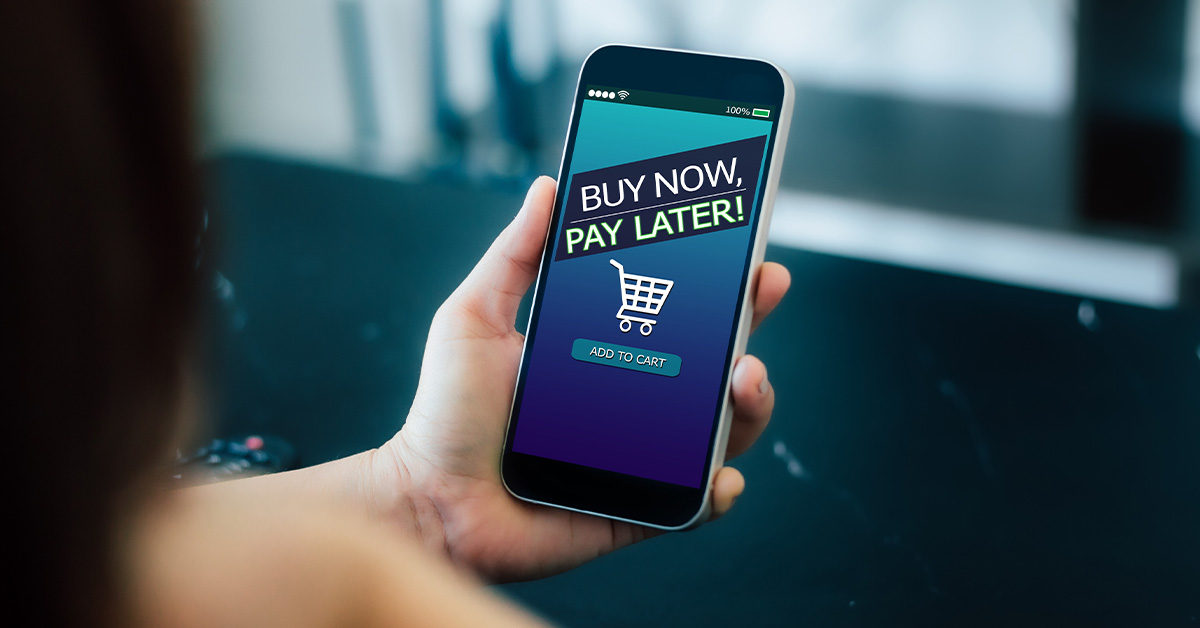
How to Select a Checking Account
Updated 10/9/25
Not all checking accounts are created equal, and you deserve the best. From interest-bearing accounts to low-fee checking there are many options to choose from. This useful guide is designed to help you weigh all the options available and find the perfect checking account to meet your needs.
What is a Checking Account?
A checking account is a bank account where you can deposit money and withdraw funds frequently. Checking accounts are often used for everyday expenses, such as rent, gas, groceries, and utility bills. Checking accounts typically fall into three categories: checking, interest-bearing checking, and shared checking. To get started with selecting the right checking account, think about the following:
- Do you want a checking account that earns interest over time?
- What are the minimum balance requirements, and what fees are associated with the account?
- Are there any special features or added perks that come with the checking account?
- Is there anyone else who will need to use the account?
Once you've considered these factors, you'll be able to choose the best checking account for your needs by comparing elements of different types of accounts.
The Elements of a Checking Account
When you open a checking account, you typically receive a debit card, then are assigned a personal identification number (PIN) for accessing your account through an automated teller machine (ATM). If you want to be able to pay by paper check, you can also order them for a small fee which covers the cost of printing. There are several additional elements to compare:
Account Minimums
Most checking accounts do not have a minimum balance requirement so that you can open one with any amount of money. But there are some accounts where a monthly fee is charged if your account balance falls below a certain amount. For example, if an account's minimum balance requirement is $100 and your account balance is only $90, you could be charged a small fee during that month. Therefore, think about what amount of money you will be able to keep in the account on an ongoing basis as you compare checking account options. The Huffington Post offers some great tips for avoiding account minimum fees.
Checking Account Fees
Checking account fees frequently vary between different banks and different credit unions. Specific fees are incurred when you perform certain types of transactions, such as withdrawals from an out-of-network ATM or overdrafts. According to NerdWallet, fees on many accounts average $15 a month, so they're definitely worth investigating as you make your decision.
Overdraft Protection
Overdraft fees occur when you try to withdraw more money than you have in your account. They can be quite costly, often upwards of $35 per transaction. To avoid these fees, it's important to keep track of your balance and only take out money when you know there is enough to cover the withdrawal.
If you're worried about overdrawing your account, sign up for overdraft protection. This service links your checking account to another account at your credit union, like a savings account or line of credit. That way, if you accidentally overdraw your checking account, funds will be transferred from the linked account to cover the shortfall. With overdraft protection in place, there's no longer any need to worry about bounced checks or declined transactions. Without it, you could end up paying high insufficient funds fees instead of low overdraft fees, according to the Consumer Financial Protection Bureau (CFPB), instead of some overdraft fees of $24 or less.
ATM Fees
ATM fees can also add up quickly if you're not careful. People who frequently use out-of-network ATMs can end up paying $3 or more per transaction, depending on their account features. Therefore, be sure to see how many surcharge-free ATMs are available with your account so that you can avoid these fees altogether.
Online Banking
Online Banking is free and easy to use. It lets you access your account information 24/7, transfer funds, pay bills, and more. You can choose to either transfer money between internal accounts or from your credit union checking account to another financial institution account. Just set up the payee by entering all the required information, click "Submit," and your payment will be processed as soon as possible as an electronic banking transfer (EBT) transaction.
Direct and Mobile Deposit
With Direct Deposit, you can have your paycheck deposited directly into your checking account, saving you a trip to the credit union or ATM. Using Mobile deposits allows you to deposit checks using your mobile phone. However, not all checking accounts have this option so if it is important, make sure to verify the account type you want is compatible.
Fraud Protection
Fraud protection is a service offered by many banks and credit unions that helps to protect your account from fraudulent activity. This can include things like unauthorized charges, checks that are written to bogus businesses, and more. If you think that there has been fraud on your account, contact your financial institution immediately, even if you have fraud protection.

Choose your Checking Account
Now that you've reviewed the different elements involved, you are ready to choose which checking account you want. With this knowledge, you can find an account that is a perfect fit for your lifestyle and a key part of maintaining the financial stability you deserve. Head on into the Community First Credit Union location closest to you today to open your account. You can even start checking out the different debit card styles available:
Check out our Debit Card Selection Tool
More to Know About Checking and CDs from Community First Credit Union
- Benefits of Having Multiple Checking Accounts
- Benefits of Credit Union Checking Accounts
- Teen Checking Accounts 101
- How do CDs Work?
- Why to Open a CD in your 20s and 30s









